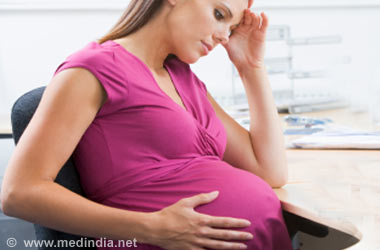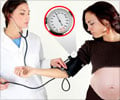About

It is an acute and life threatening complication of pregnancy that occurs during or immediately after conceiving as a complication of pre-eclampsia (high blood pressure and presence of protein in the urine). Pre-eclampsia and eclampsia are collectively known as hypertensive disorder of pregnancy or toxemia of pregnancy.
The exact cause of eclampsia is not known. However, if pre-eclampsia is not diagnosed and controlled, it can lead to eclampsia.
Typically, patients with eclampsia show signs of pregnancy-induced hypertension and proteinuria prior to the onset of seizures, severe agitation and unconsciousness.
The treatment of women with pre-eclampsia is bed rest and delivery as soon as viable for the fetus. As the risk of eclampsia is unpredictable and often not easily correlated to physical signs such as the degree of blood pressure or proteinuria, an anticonvulsant (seizure prevention medicine) is usually given to women in labor with hypertension. Delivery is the treatment of choice for eclampsia in a pregnancy.
Treatment of eclampsia requires prompt attention and when left untreated, eclampsia can cause complications like placenta abruption (separation of the placenta), premature delivery or stillbirth.
According to a recent study, women who took in more calcium and zinc during the three months prior to becoming pregnant had a far reduced chance of getting hypertensive disorders during pregnancy than women who took in less of these essential minerals. These results highlight how crucial it is to prioritise nutrition not only during pregnancy but also before conception in order to ensure healthy pregnancies.









